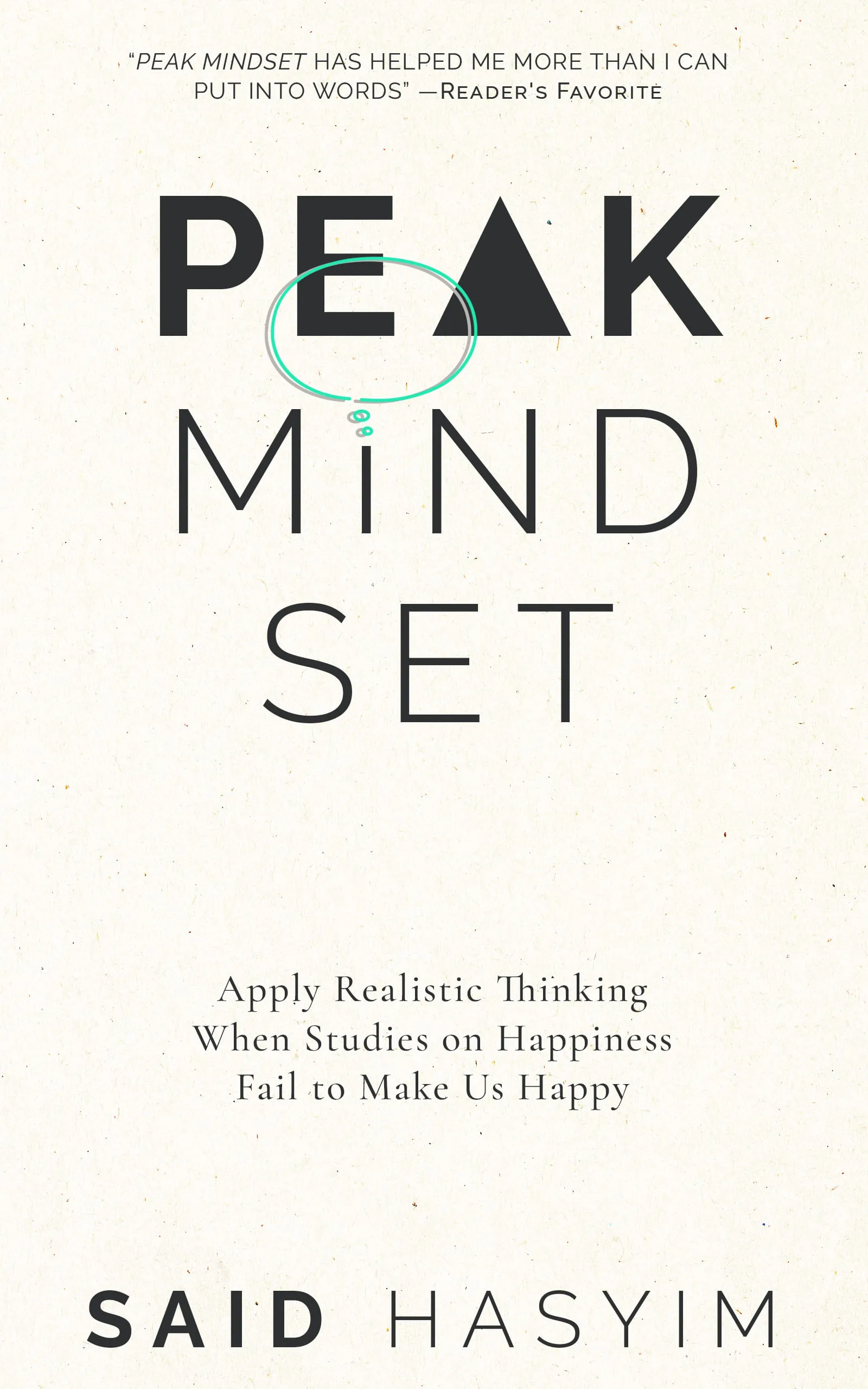Strategies for Overcoming Unrealistic Expectations
In our fast-paced, hyper-connected world, it is easy to fall prey to unrealistic expectations. Whether it’s in our personal lives, our careers, or our relationships, we often set standards that can never be fully met. These expectations can lead to frustration, disappointment, and even burnout. This blog post will explore several strategies that can help you recognize, confront, and ultimately overcome these unrealistic standards.
Understanding Unrealistic Expectations
First, it's crucial to understand what constitutes unrealistic expectations. These can be beliefs or demands that are not based on reality and often stem from societal pressures, cultural norms, or perfectionist tendencies. Examples include expecting yourself to be constantly productive, believing that you should be successful by a certain age, or assuming that your relationships should always be smooth and conflict-free.
Recognizing these unrealistic expectations is the first step toward managing them. Here are a few reasons why they can develop:
- Comparisons with Others: Social media makes it easy to compare ourselves to others, which can lead us to set unattainable goals.
- Perfectionism: Needing everything to be perfect can create an internal pressure that is hard to manage.
- Fear of Failure: Sometimes, we set high expectations for ourselves to avoid any possibility of failure, leading to a cycle of stress and dissatisfaction.
Strategies for Overcoming Unrealistic Expectations
1. Cultivate Self-Awareness
Being aware of your thoughts and feelings regarding expectations is vital. Take time to reflect on the beliefs that influence your mindset. Journaling can be a great tool for this. Write down your feelings when you experience disappointment or frustration. Consider the following questions:
- What expectations are setting me up for disappointment?
- Where do these expectations come from?
- How realistic are they?
This exploration helps create a deeper understanding of your motivations and where adjustments may be needed.
2. Reframe Your Thinking
Often, our thoughts can be rigidity defined, leading to negative emotions. Cognitive reframing is a psychological technique that involves shifting your perspective on these thoughts:
Challenge Negative Thoughts: When you catch yourself thinking along the lines of “I should be…” or “I must…”, challenge that thought. Consider the validity of these statements. Replace them with more positive and constructive affirmations.
Adopt a Growth Mindset: Instead of seeing challenges as obstacles, view them as opportunities for growth. Understand that progress is not linear and that setbacks can be valuable learning experiences.
3. Set Realistic Goals
Instead of setting broad or grandiose expectations, break them down into achievable steps. SMART goals, which are Specific, Measurable, Achievable, Relevant, and Time-bound, can provide a structured approach to goal setting.
Start Small: Focus on small, manageable tasks that contribute to a larger goal. This creates a sense of accomplishment and acknowledgment of your progress.
Adjust as Needed: Life is unpredictable. Be willing to adapt your goals as circumstances change. This flexibility can reduce pressure and enhance your ability to cope with challenges.
4. Practice Self-Compassion
It is important to be kind to yourself when you stumble or don’t meet your expectations. Self-compassion involves treating yourself with the same kindness you would offer a friend in a similar situation.
Acknowledge Your Feelings: Allow yourself to feel disappointment, sadness, or frustration without judgment. Recognizing these emotions is vital to processing them.
Encourage Yourself: Use positive affirmations and words of encouragement. Instead of berating yourself for not meeting expectations, counter those thoughts with compassion and understanding.
5. Limit Social Comparisons
In today’s digital age, it can be almost impossible to avoid comparing ourselves to others. However, this habit can significantly contribute to unrealistic expectations. Here’s how to limit its impact:
Curate Your Feed: Follow accounts that inspire you rather than fuel feelings of inadequacy. Surround yourself with content that promotes positivity and authenticity.
Focus on Yourself: Instead of dwelling on what others are doing, concentrate on your successes and progress. Celebrate your achievements, no matter how small.
6. Seek Support
Sometimes, talking with others about your struggles can provide relief and perspective. Reach out to friends, family, or even professionals who can help you process your expectations.
Join Support Groups: Many individuals share similar struggles, and knowing you’re not alone can be incredibly beneficial.
Counseling or Therapy: A mental health professional can help you unpack unrealistic expectations and offer tailored strategies for coping.
7. Embrace Imperfection
Perfectionism can wreak havoc on our mental well-being, making it essential to reframe how we view imperfections.
Accept Mistakes as Part of Life: Embrace the idea that making mistakes is not only natural but also essential to personal growth.
Celebrate Flaws: Rather than focusing on flaws as shortcomings, view them as unique traits that make you who you are. This shift can significantly alter how you perceive your expectations.
Conclusion
Overcoming unrealistic expectations is a journey that requires commitment and practice. By cultivating self-awareness, reframing your thinking, setting realistic goals, practicing self-compassion, limiting social comparisons, seeking support, and embracing imperfection, you can learn to manage these expectations and create a more fulfilling and balanced life.
Remember, the aim is not perfection but progress. As you navigate life, allow yourself the grace to grow, learn, and adapt without the constant pressure of unattainable standards. After all, life is about the journey, not just the destination.
Leverage Your Mindset for a Fulfilling Life
Explore Peak Mindset, a book to leveraging your subconscious for a more fulfilling life. Gain insights into realistic thinking, money management, and stress resilience to make informed decisions. Discover pitfalls in conventional happiness advice and practical strategies for self-transformation. Unlock your potential and enhance your overall satisfaction.
